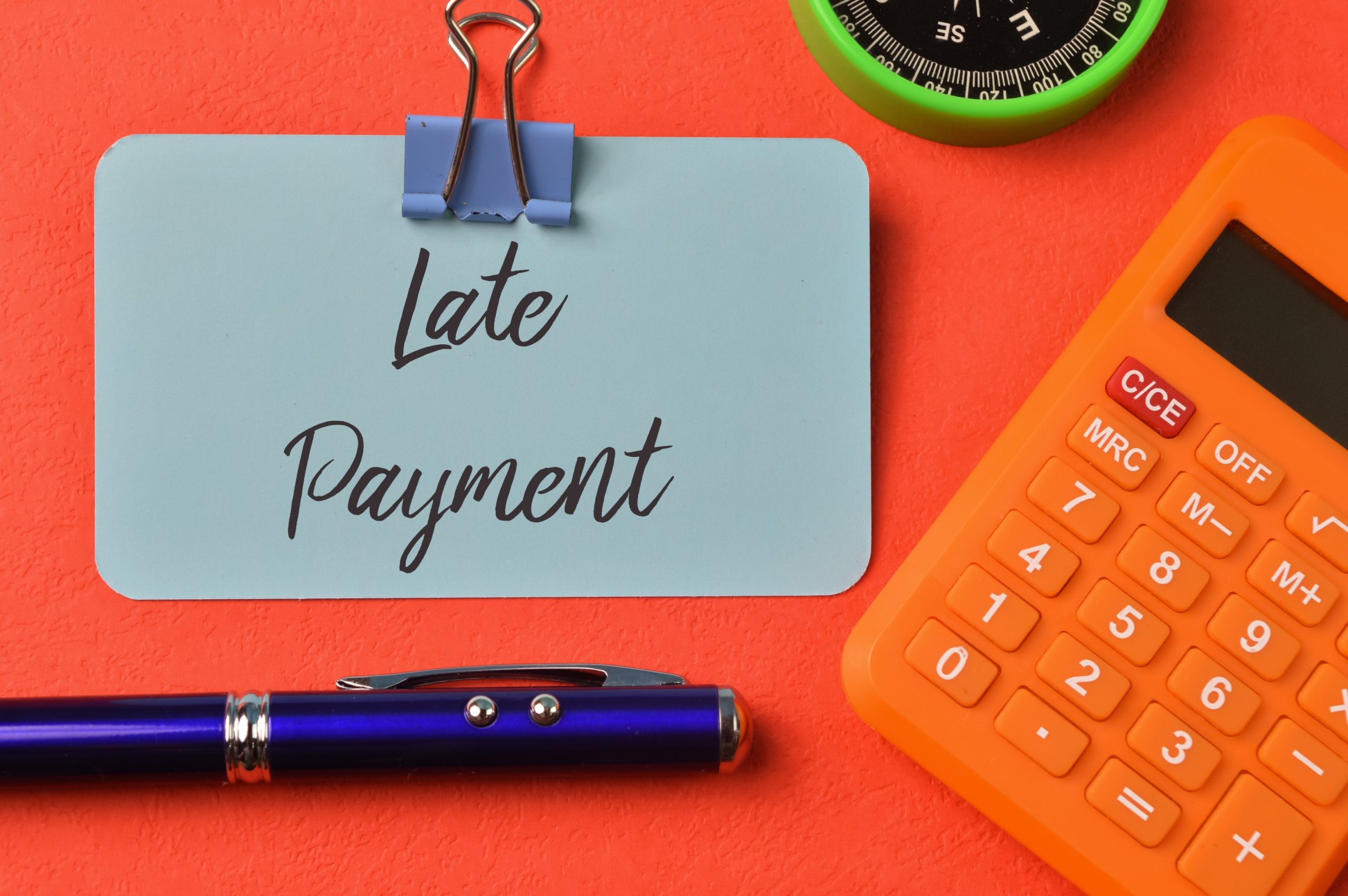Late payments are a persistent challenge in B2B debt collection, affecting cash flow and straining commercial relationships. One effective yet often underused tool available to businesses is Late Payment Interest (LPI). Designed to discourage delayed payments and provide compensation, LPI can play a vital role in commercial debt recovery when applied correctly.
This blog will explain what late payment interest is, how it applies in business transactions, and how your organisation can leverage it to improve recovery outcomes.
What Is Late Payment Interest (LPI)?
Late Payment Interest is the statutory interest businesses are entitled to charge on overdue invoices under the Late Payment of Commercial Debts (Interest) Act 1998. This legislation supports creditors who supply goods or services to other businesses by allowing them to apply interest and compensation charges on late payments.
The law gives creditors the right to:
- Charge interest at 8% above the Bank of England base rate
- Claim a fixed compensation fee (between £40 and £100) depending on the invoice value
- Recover reasonable costs for debt collection beyond the fixed charge
This applies automatically unless both parties have agreed to a different interest rate that is not deemed unfair to the creditor.
When Can You Charge Late Payment Interest?
 You can start charging interest once the payment is overdue. Typically, this occurs after:
You can start charging interest once the payment is overdue. Typically, this occurs after:
- 30 days from the delivery of goods or services
- 30 days after the customer receives your invoice (if later than the delivery date)
- Any later payment terms agreed in writing (provided they are fair and reasonable)
For many businesses, clearly stating the right to charge LPI in terms and conditions or on invoices ensures there is no confusion if interest is later applied.
How LPI Supports Effective B2B Debt Collection
Charging LPI helps reinforce your credit terms and encourages prompt payment behaviour. It also sends a clear message that your business has a firm stance on payment discipline.
In addition, applying LPI can:
- Act as a financial deterrent for habitual late payers
- Help recover some of the costs associated with delayed payments
- Improve your negotiating position in disputed cases
To maximise your recovery strategy, LPI is often best used alongside a formal Pre-Legal Debt Recovery process, where early contact with debtors includes reminders of interest and compensation entitlements.
Legal Recovery Options if Payment Remains Outstanding
If late payment interest fails to prompt a response, further legal action may be necessary. At Legal Recoveries & Collections, our team can escalate your case to the Legal Recoveries & Enforcement stage. This includes issuing a letter before action, commencing court proceedings, and enforcing judgments where required.
We also provide support with Insolvency Services when a debtor is unable or unwilling to pay, using statutory demands, bankruptcy, or winding-up petitions.
Best Practices for Using LPI in B2B Debt Collection
To ensure the effective application of LPI, businesses should:
- Include LPI clauses in contracts and invoices
- Maintain clear records of communication and payment terms
- Act promptly when invoices become overdue
- Use tools like our Online Debt Manager to track, audit, and manage cases efficiently
For added impact, our Credit Control Services can help streamline your internal processes and reduce the risk of late payments altogether.
Conclusion
Late Payment Interest is a powerful yet underutilised tool in B2B debt collection. It can help businesses recover what they are owed more effectively while sending a strong message about payment expectations.
If your business is dealing with persistent late payers or needs support enforcing payment terms, we can help.
Contact Legal Recoveries & Collections today to learn how we can support your commercial debt recovery efforts.




